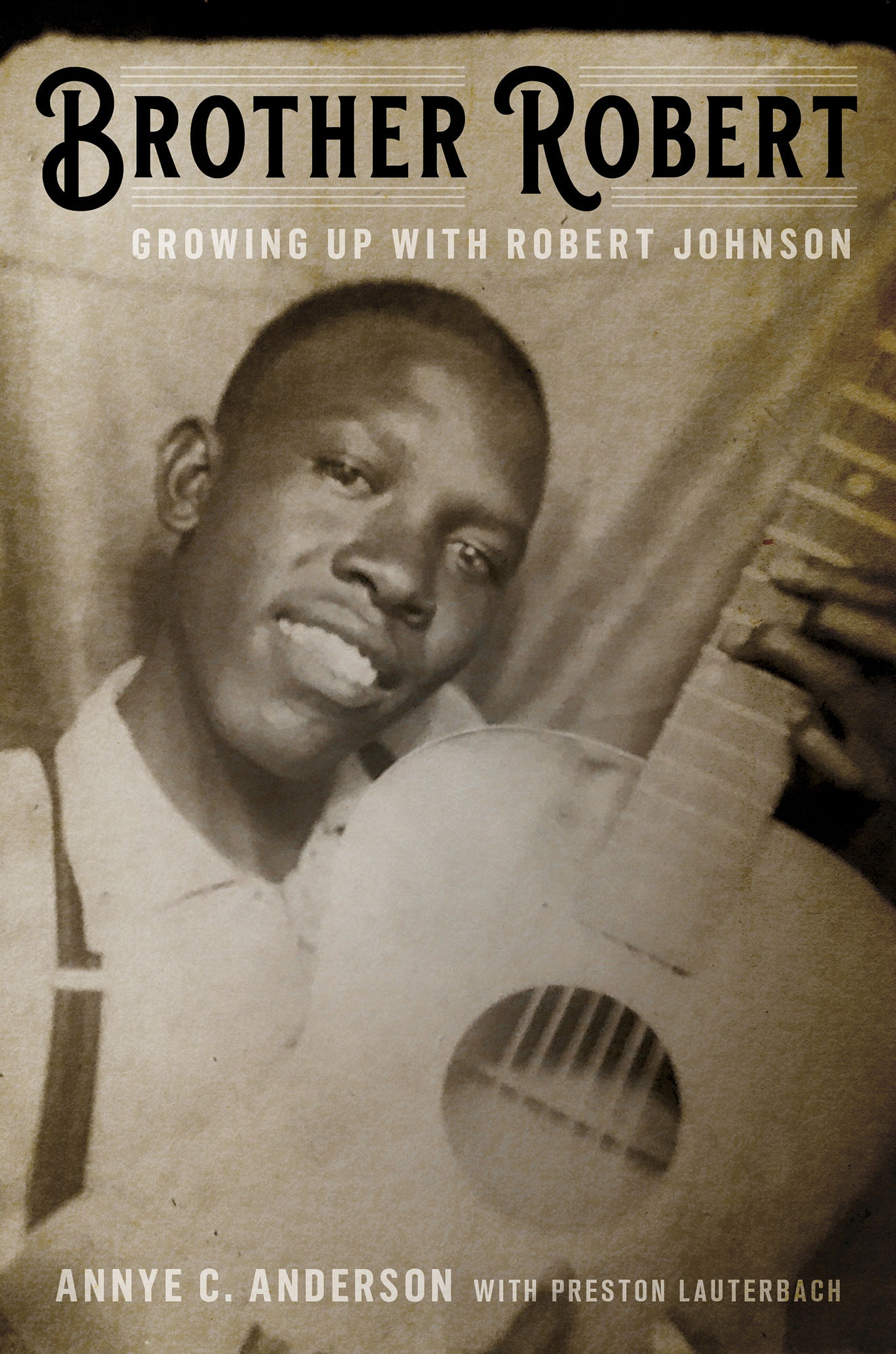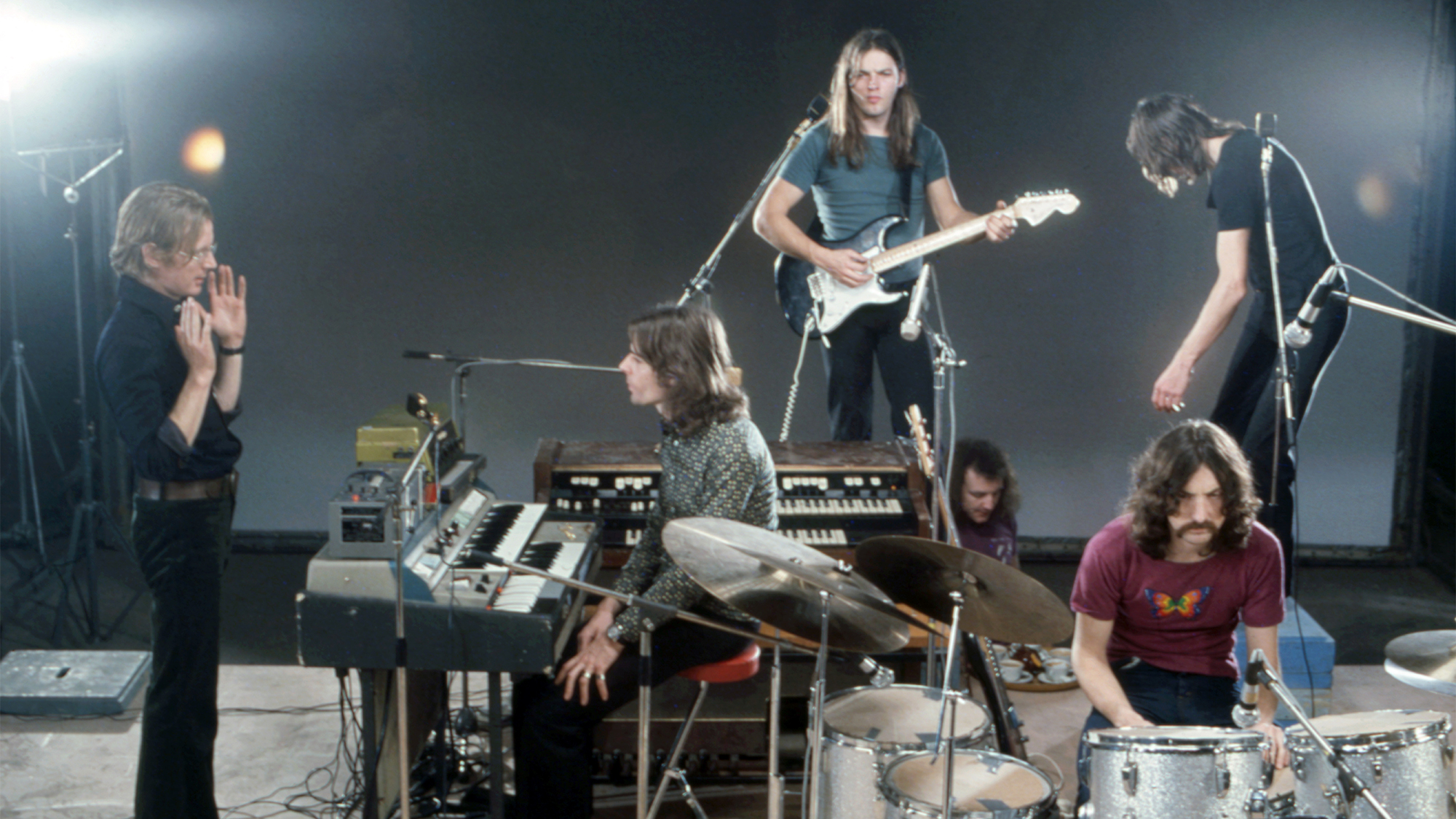“In the Canon of the Blues, His Songs Are Really Top of the Heap”: Walter Trout Explains Why Robert Johnson Is Considered in a League of His Own
Covered by the likes of Led Zeppelin, the Rolling Stones and Eric Clapton, Robert Johnson’s originals are the ground zero of recorded Delta blues

Robert Johnson’s masterful guitar technique is the stuff of legend, and his haunting vocal delivery was once described by Eric Clapton as “the most powerful cry that I think you can find in the human voice.”
He sounds like three guys, because he’s playing a bass line, a rhythm and slide leads, all at the same time
Walter Trout
“I Believe I’ll Dust My Broom,” “Sweet Home Chicago,” “Terraplane Blues,” “Love in Vain Blues,” “Hellhound on My Trail” and “Traveling Riverside Blues” are just a few of his songs that have become classic rock standards, covered by Led Zeppelin, Fleetwood Mac, the Rolling Stones, Clapton, Lucinda Williams and Larkin Poe, to name a few.
Such covers would receive far more attention than their creator did in his short lifetime – he was born in 1911 and died at age 27 – but Johnson’s originals are conserved in the seminal 1990 compilation The Complete Recordings, the ground zero of recorded Delta blues.
“Robert Johnson was an incredible guitar player and singer,” blues guitarist Walter Trout says. “On these songs, he sounds like three guys, because he’s playing a bass line, a rhythm and slide leads, all at the same time. There are guys who can nail it note for note, but it’s lacking the spark of creativity.
The reason he’s considered in a league of his own is because of his songs. They’re universal and they’re lasting and they’re classic
Walter Trout
“But to me, the reason he’s considered in a league of his own – among all those other guys like Blind Lemon Jefferson, Blind Willie McTell, Charley Patton and Blind Willie Johnson – is because of his songs. They’re universal and they’re lasting and they’re classic.
“In the canon of the blues, his songs are really top of the heap. My favorite is ‘Love in Vain Blues.’ That one makes me weep. It tears me up. ‘Cross Road Blues’ is incredible too – the guitar playing and the singing.
“That whole thing about going to the crossroads and selling your soul to the devil. If you ever talked to B.B. King, he’d say, ‘No, that’s bullshit. The blues is beautiful, and beauty doesn’t come from the devil.’
“These songs were unknowingly instrumental in the creation of rock and roll. But one thing that’s kind of mind blowing when you hear Clapton and the Stones and all these people doing these unbelievable songs, is that the guy never made a dime.
These songs were unknowingly instrumental in the creation of rock and roll
Walter Trout
“He was paid a total of 38 dollars. That’s what he made off these songs. Hopefully his family is receiving royalties.
“He’s another in a long line of originators of blues music who died basically penniless.” [Johnson allegedly died after being poisoned by the husband of one of his sexual conquests.]
“So that’s a real travesty about this music. Its impact worldwide is monumental, but the guys who originated it never, ever received what they were due. And they died having no idea that their music was going to become immortal.”

Order Annye C. Anderson’s Brother Robert: Growing Up with Robert Johnson here.
Get The Pick Newsletter
All the latest guitar news, interviews, lessons, reviews, deals and more, direct to your inbox!
Guitar Player is the world’s most comprehensive, trusted and insightful guitar publication for passionate guitarists and active musicians of all ages. Guitar Player magazine is published 13 times a year in print and digital formats. The magazine was established in 1967 and is the world's oldest guitar magazine. When "Guitar Player Staff" is credited as the author, it's usually because more than one author on the team has created the story.










